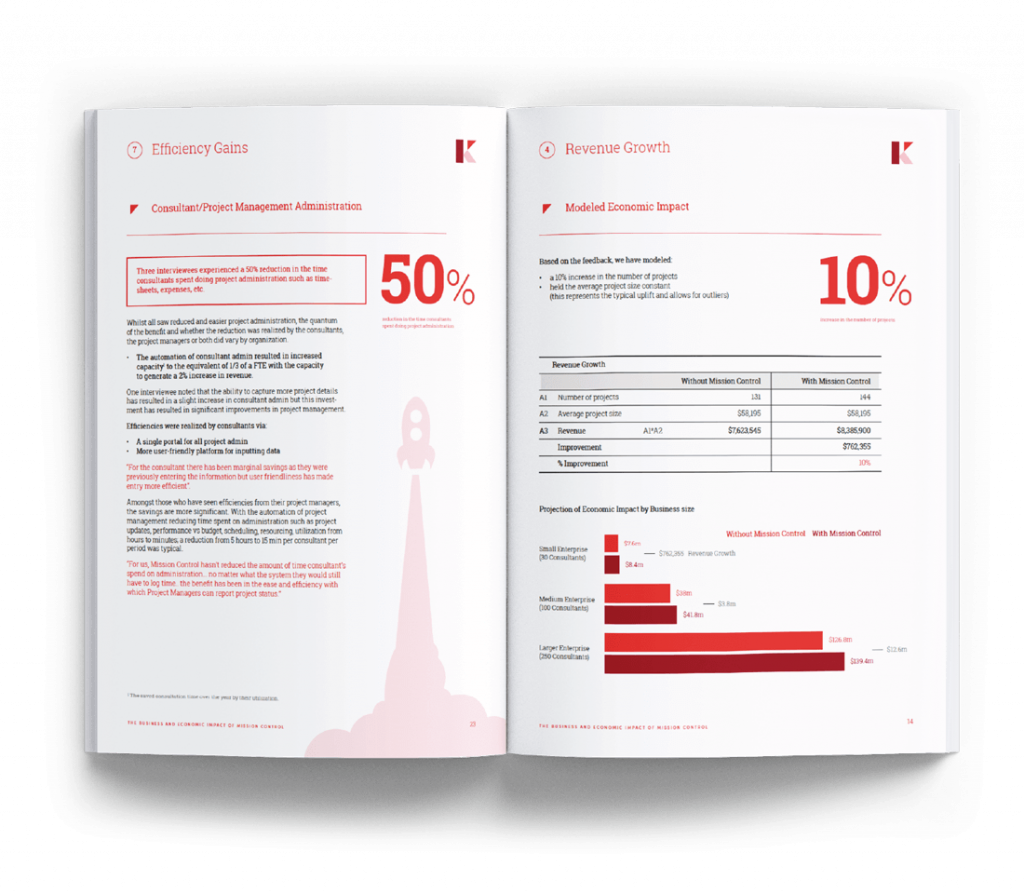New to the world of project management? Trying to understand the industry jargon but coming up short? This is the project management 101 guide you need, and should answer that question, What is Project Management?
So… What is Project Management?
Project management is the practice of applying knowledge, skills, tools, and strategies to achieve a specific goal. Project management starts with an idea and involves the process of turning that idea into reality through planning, delegation, goal-setting, organization, execution, reporting, iteration, and more.
In a business environment, almost anything can be a new project and could thus require project management. Some of the most popular industries for project management include technology and software, construction, healthcare, finance, and engineering.
Project Manager Responsibilities
A project manager is, as the name suggests, the person who manages these projects, the people who do the work within these projects and leads the teams to achieve their project goals.
A project manager plans organizes and oversees the entire project to ensure projects are delivered on time, on budget, and within scope. The responsibilities of a project manager may change slightly depending on the industry and organization they work within. However, overall, a project manager has several responsibilities that cover each of the five phases of the project management lifecycle. This includes:
- Initiation: Before a project begins, the project manager sets goals, objectives and expectations for the project.
- Planning: Alongside project stakeholders, the project manager creates a project plan which defines the project scope, along with other key information such as timeline, cost, and risk.
- Execution: This is where the team executes the project plan. The project manager’s job is to ensure everything is being executed as per plan.
- Monitoring: From the very beginning to the end of the project, the project manager continues to track and monitor its progress. This includes keeping an eye on the budget as well as ensuring the progress of tasks and activities to make sure milestones are being reached as planned.
- Closure: At the end of the project, the project manager reviews and signs off on all completed work.
Project Management Methodologies
The project management field includes a number of different methodologies. PM methodologies are an organized system of principles and principles that guide a project. These methodologies basically serve as a framework to help you structure and organize your project in the best way possible.
Popular project management methodologies include:
- Agile
- Scrum
- Kanban
- Waterfall
- Scrumban
- eXtreme Programming (XP)
- Adaptive project framework (APF)
- Lean
- Six sigma
- Outcome mapping
- Stage Gate
- Critical path method
The Benefits of Project Management
Data from the 2020 Pulse of the Profession® revealed that 11.4% of investment is wasted due to poor project performance. Without the methods and frameworks of project management, too many valuable resources—including time and money—would be wasted.
Project management is important because it:
1. Helps with realistic project planning. A good project manager sets realistic objectives goals and timelines and prevents it from going off track.
2. Reduces costs by improving efficiency, mitigating risks, and optimizing resources
3. Sets clear project goals, without which projects are often doomed for failure. Project managers set priorities and clear project objectives.
4. Creates a process that ensures all project stakeholders do the right tasks and activities at the right time.
5. Maintains quality control. Project managers monitor progress as well as how well a project is executed.
12 Project Management Terms to Know
Like any industry, project management has its own share of terms to know. Here are a handful of must-know PM definitions. We’re sure you’ll come across plenty more!
1. Agile
Agile is one of the most popular project management methodologies. It’s a method of working quickly to create rapid changes.
2. Baseline
The baseline is the original plan for a project, which could include scope, timeline, budget etc. It’s the metric you can compare against to track progress and make adjustments as necessary.
3. Bottleneck
A bottleneck narrows and restricts the natural flow and pace of the project. It’s what prevents things from moving forward.
4. Change Management
Change management is the process of managing change within an organization.
5. Deliverables
All projects have deliverables and it’s a term you will hear often. It simply means the results that are promised at the end of a particular project.
6. Gantt Chart
A Gantt chart is a bar graph popularly used for scheduling project tasks. It’s especially useful for projects where progress can be measured along an X and Y axis.
6. Milestone
Key points that help mark the progress of a project are known as milestones.
7. Project Lifecycle
A project’s lifetime is known as its lifecycle. It goes through various phases (as discussed above) beginning at initiation and ending at execution and completion.
8. RACI chart
RACI stands for Responsible, Accountable, Consulted, and Informed. This chart helps assign roles and responsibilities for a project.
9. Resource Allocation
Resource allocation is the process of identifying and assigning resources to tasks and projects.
10. Scope
The project scope helps sets boundaries for what is included (and what isn’t) in a project. It defines all aspects of a project including tasks, timelines, stakeholders, budget, deliverables etc. When a project expands beyond its scope, its known as scope creep.
11. Stakeholders
Stakeholders are any individuals or organizations affected by the outcomes of the project.
12. Timeline
The timeline is the chronological order of the project. All tasks and deliverables are organized within the timeline.





